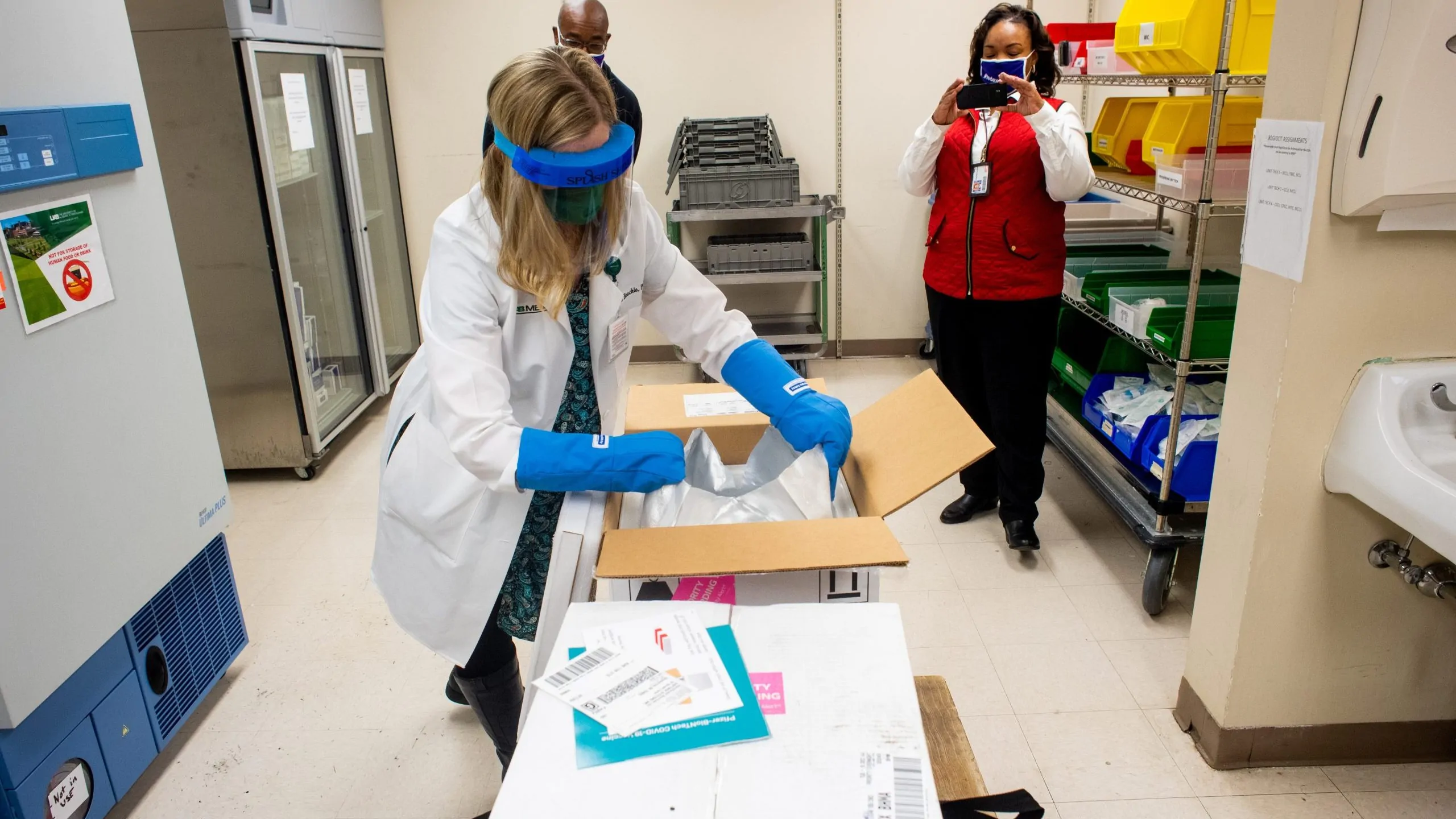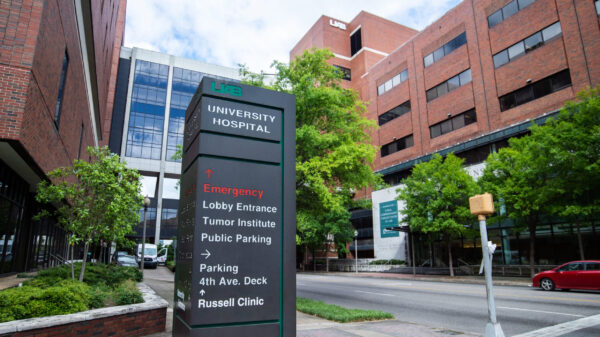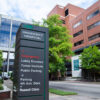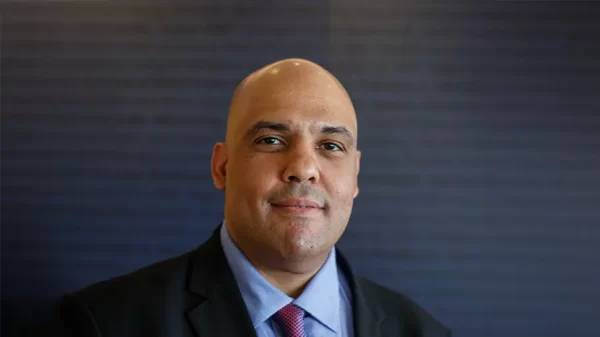With the University of Alabama at Birmingham set to begin vaccinations on Thursday, health experts see a light at the end of the tunnel but warn that we are still very much in the tunnel.
“While we’re excited to receive these vaccine doses, these are not going to save us from the surge we’re in right now,” said Dr. Sarah Nafziger, co-director of UAB’s Emergency Management Committee.
The 10,725 doses received on Tuesday were “astronomically more” than Nafziger’s team anticipated getting, she said. With cases and hospitalizations at a record high in Alabama, already overburdened hospitals are experiencing staffing constraints due to health workers who are infected. The vaccines will ensure that almost 11,000 can remain on the front lines to deal with the surge.
They will be administered to 7,507 personnel in hospitals, 1,609 in ambulatory environments and 1,609 emergency medical service workers within a 40-mile radius of the university that covers seven counties.
Nafziger said that an update on the second delivery of vaccines is expected from the Alabama Department of Public Health by the end of the week or early next week.
In the meantime, vaccinations will be scheduled systematically so that whole units are not treated at once in case any staff experience mild side effects that have been reported, like soreness at the site of injections and some flu-like symptoms.
Nafziger said that she takes safety concerns seriously, and said that the “safety data is very reassuring.” There have been some reports of allergic reactions in the U.K., where the Pfizer vaccine debuted last week, so patients will need to be monitored for 15 minutes after injection.
The vaccine will be administered at two sites — the medical center on UAB’s campus and at the drive-through testing site in the parking deck at its Highlands campus — where logistical considerations like safe traffic flow and parking necessitate a steady roll-out, Nafziger said. Thursday will be a soft start and the operation will go full-scale on Friday, at which point 1,000 vaccines per day will be able to be administered.
The vaccine consists of an initial injection and a booster shot. It takes about two weeks to take full effect. The first dose offers some protection, which increases to 95 percent effectiveness after the second dose.
It is not known how long the protection lasts because the vaccine hasn’t been around long enough, Nafziger said, but studies show that those who were vaccinated first are still showing strong immunity. Some who received only a first dose have been shown to have less severe cases of the disease if infected.
“The data is just absolutely amazing compared to what we see with other vaccines,” Nafziger said.
Still, she cautioned, there are many more doses needed to vaccinate all health care workers before other highly vulnerable groups can start to receive them, and all are desperate for the protection.
Vaccinated medical personnel will still need to use standard safety precautions like masks and hand-washing, and it is important that the public doesn’t let its guard down either, especially now, Nafziger said.
“We may not be able to celebrate Christmas the same way we normally do, but maybe by Easter we certainly can,” she said. “So that’s the hope that we have.”























































